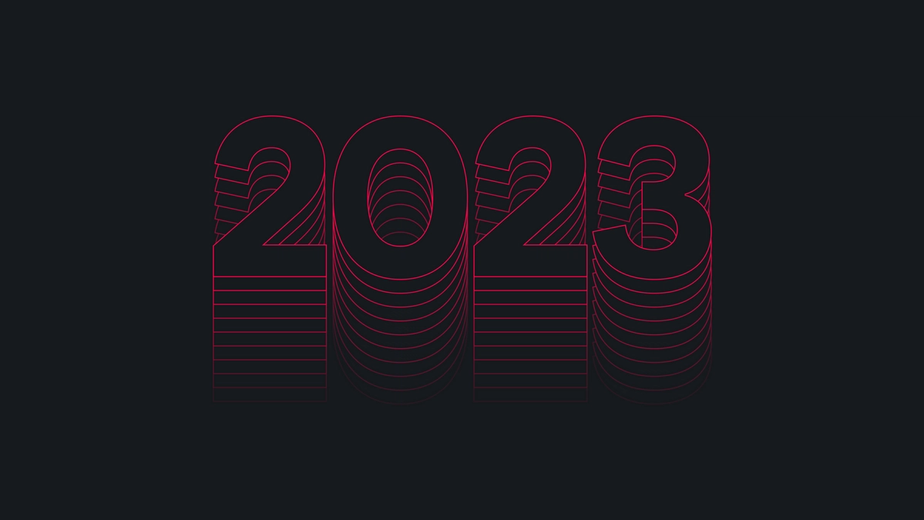In the fast-paced world of talent acquisition, organizations are constantly striving to streamline their hiring processes to secure top-tier talent efficiently. One often underestimated aspect of this process is the time it takes to schedule interviews. The way interviews are scheduled can significantly impact the overall time-to-hire, a key metric that measures the duration from posting a job to the moment a candidate accepts an offer. In this article, we'll explore the various ways in which interview scheduling influences time-to-hire and discuss strategies to optimize this crucial aspect of the hiring process.
The Domino Effect:
Interview scheduling acts as a linchpin in the recruitment timeline, affecting subsequent stages of the hiring process. Delays in scheduling can create a domino effect, extending the overall time-to-hire. When interviews are postponed, it not only prolongs the time a position remains vacant but also leads to increased candidate dropouts, as top talent may accept offers elsewhere during the waiting period.
Competitive Advantage:
In a competitive job market, where top candidates are often fielding multiple job offers, time is of the essence. Organizations that can swiftly schedule and conduct interviews have a distinct advantage in securing high-caliber candidates before their competitors. A lengthy and convoluted interview scheduling process may result in losing out on exceptional talent to more agile and responsive competitors.
Candidate Experience:
The interview process serves as a window into an organization's culture and values. A smooth and efficient interview scheduling experience contributes positively to the candidate's perception of the company. Conversely, a cumbersome and slow process may create frustration and dissatisfaction, potentially leading candidates to withdraw from the hiring process altogether. A poor candidate experience not only impacts the current hiring effort but can also tarnish the organization's employer brand, making it more challenging to attract top talent in the future.
Strategies for Optimizing Interview Scheduling:
Automated Scheduling Tools:
- Implementing automated scheduling tools can significantly reduce the time spent coordinating interview times. These tools allow recruiters and hiring managers to share their availability, enabling candidates to choose a time slot that fits their schedule. This streamlines the process and minimizes back-and-forth communication.
Centralized Communication Platforms:
- Utilizing centralized communication platforms can enhance collaboration between hiring teams. These platforms enable real-time communication, reducing delays caused by miscommunication or the need for multiple rounds of coordination.
Transparent and Efficient Communication:
- Clearly communicate the expected timeline for the interview process to candidates. Keeping candidates informed about the progress and promptly addressing any scheduling issues demonstrates organizational professionalism and commitment.
Predefined Interview Panels:
- Establishing predefined interview panels with set schedules can expedite the process. This ensures that interviewers are available and ready, minimizing delays caused by conflicting schedules.
Flexibility and Adaptability:
- Maintain a degree of flexibility in the interview scheduling process. Unexpected challenges may arise, and being adaptable can help mitigate delays. Consider alternative interview formats, such as virtual interviews, to overcome scheduling constraints.
Conclusion:
Interview scheduling is a critical component of the overall hiring process, with a direct impact on time-to-hire and the quality of the candidate experience. By implementing efficient scheduling strategies and leveraging technology, organizations can minimize delays, secure top talent, and enhance their competitiveness in the talent market. In an era where agility and responsiveness are key, optimizing interview scheduling is a strategic move that can positively influence the entire recruitment lifecycle.




